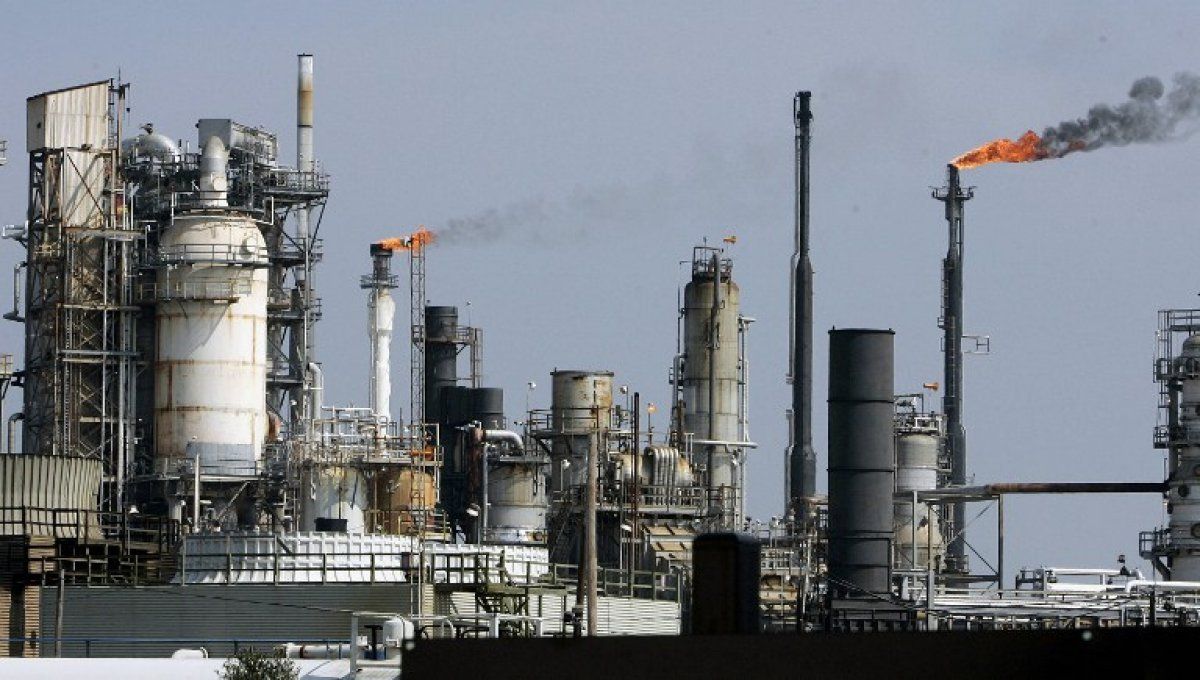Iran stabilizes exports of petroleum products

By Fatma Babayeva
Iran’s Petroleum Ministry could stabilize exports of heavy oil, liquefied kerosene and gas oil.
The statement was made by Abbas Kazemi, Deputy Petroleum Minister and CEO of the National Iranian Oil Refining and Distribution Company (NIORDC) in an interview with Trend on June 30.
For the first time in the history of the country’s oil industry, Iran was able to smoothly export petroleum products from the beginning of the fiscal year [21 March, 2015], said Kazemi, adding that previously they exported intermittently and in the short run.
One of the main problems encountered currently in the sector is that too much heavy oil is processed in Iran’s refineries, said Kazemi, emphasizing that changes will be made to the production process for further processing heavy oil into gas oil and gasoline.
He went on saying that for the re-organization of work in the Isfahan refinery, foreign investments will be attracted.
At the same time, negotiations are held with the investors for the reconstruction of the refineries in Bandar-Abbas and Tabriz cities.
Recently, the Islamic Republic strives to boost the country’s petrochemical industry and increase exports of finished petroleum goods.
Iran has already signed contracts to advance its refineries with several foreign companies, such as Swiss Welding Engineers Ltd, Daewoo E&C and South Korea SK E&C.
Iran controls the second largest oil refining capacity in the Middle East region after Saudi Arabia. Its current crude oil refining capacity, including gas condensate, equals almost to 1.8 - 1.85 million barrels per day.
The Islamic Republic plans increasing its oil refining capacity to 3.2 million barrels a day by 2020.
Iran will upgrade its refineries in Tabriz, Tehran, Isfahan, and Abadan and build three new one - Bahmangenoo, Anahita and Pars refineries.
In the meantime, Iran plans to decrease gasoline imports to zero in 2016 with the implementation of the first phase of the Persian Gulf Star Refinery.
Previously, Iran expressed an interest in buying shares of existing refineries or building new ones abroad, and held talks with Spain, Indonesia, and Brazil.
The removal of anti-Iran sanctions following a nuke deal signed with the world powers has helped Tehran to pursue a rapid boom in its oil industry.
---
Fatma Babayeva is AzerNews’ staff journalist, follow her on Twitter: @Fatma_Babayeva
Follow us on Twitter @AzerNewsAz
Here we are to serve you with news right now. It does not cost much, but worth your attention.
Choose to support open, independent, quality journalism and subscribe on a monthly basis.
By subscribing to our online newspaper, you can have full digital access to all news, analysis, and much more.
You can also follow AzerNEWS on Twitter @AzerNewsAz or Facebook @AzerNewsNewspaper
Thank you!
